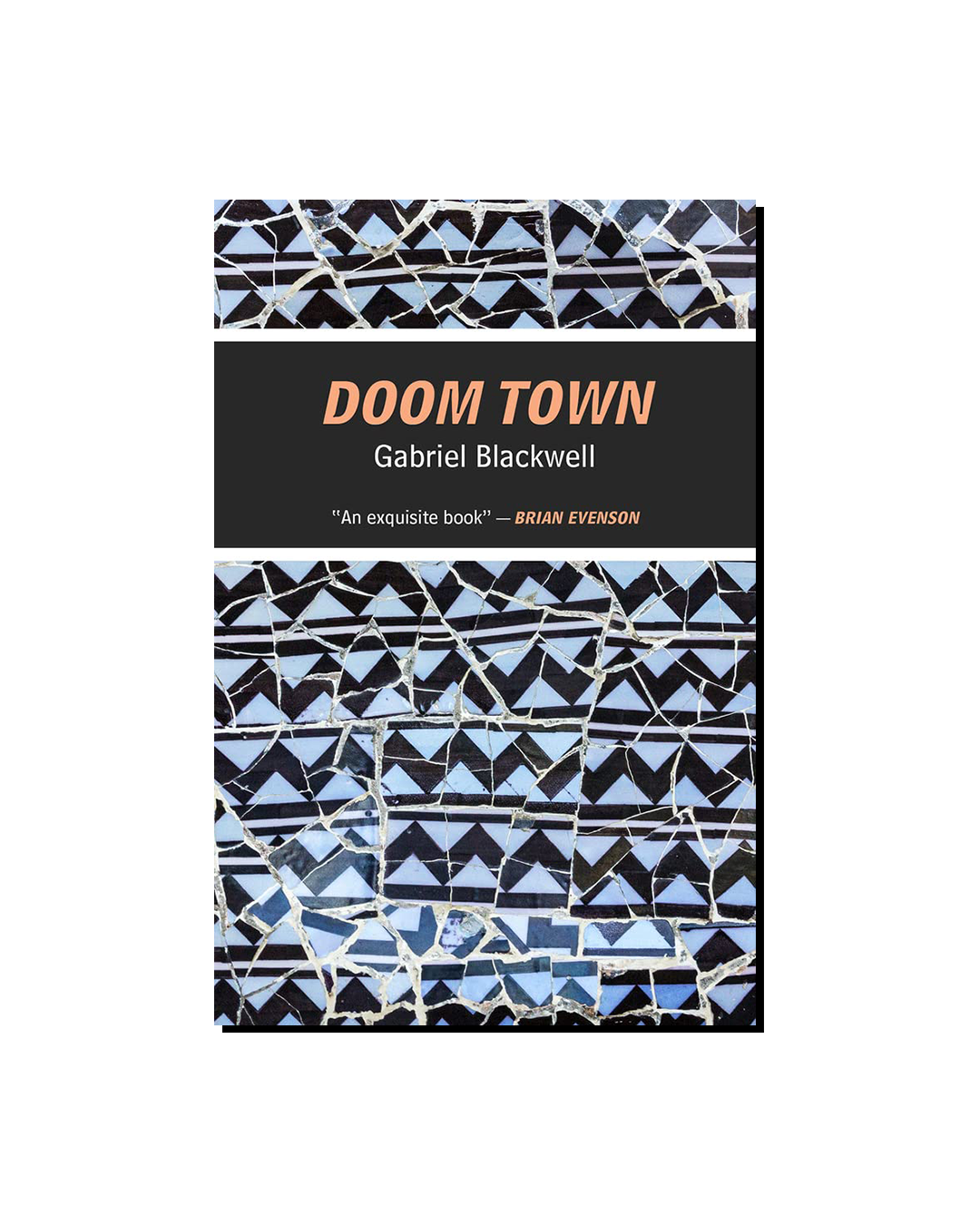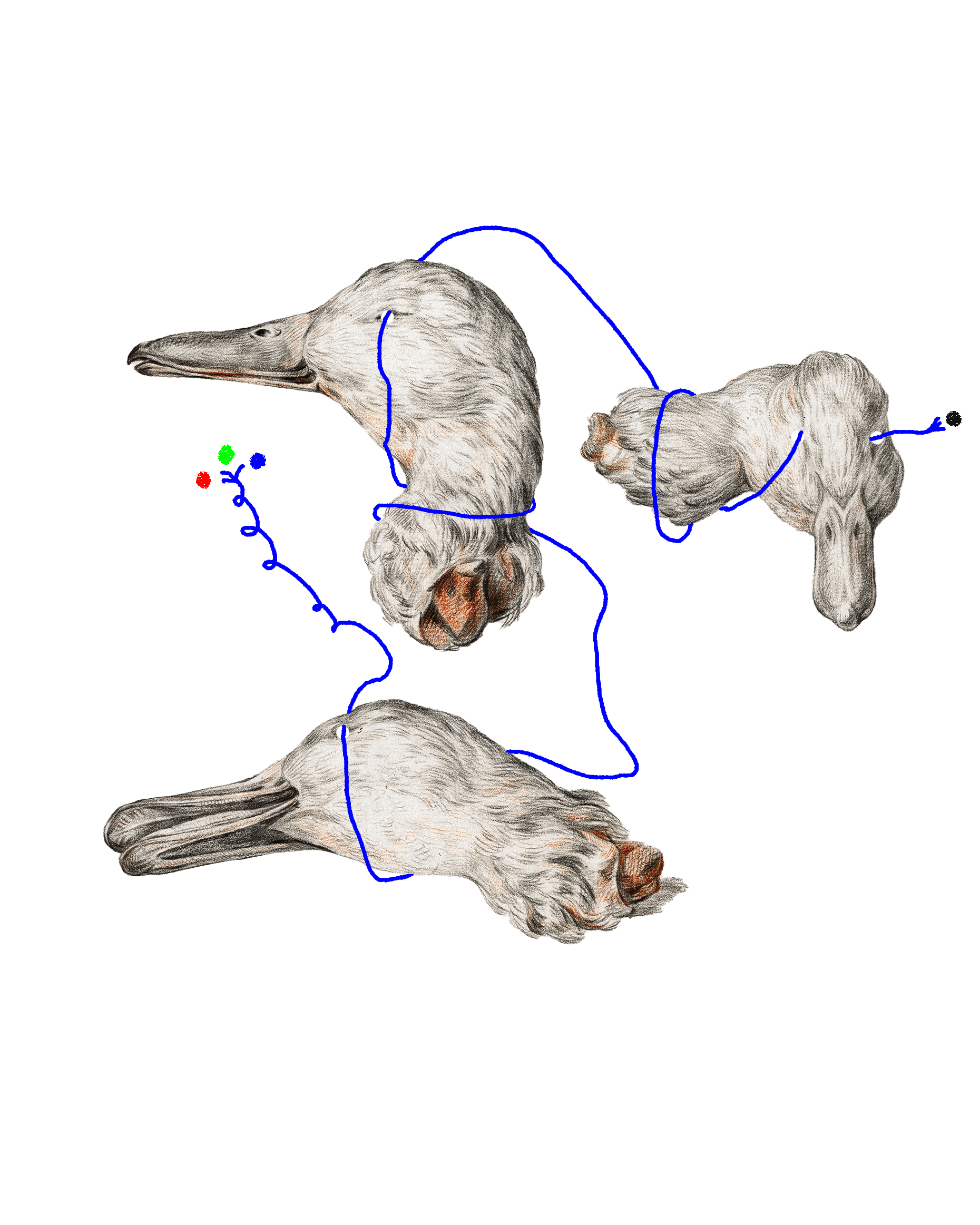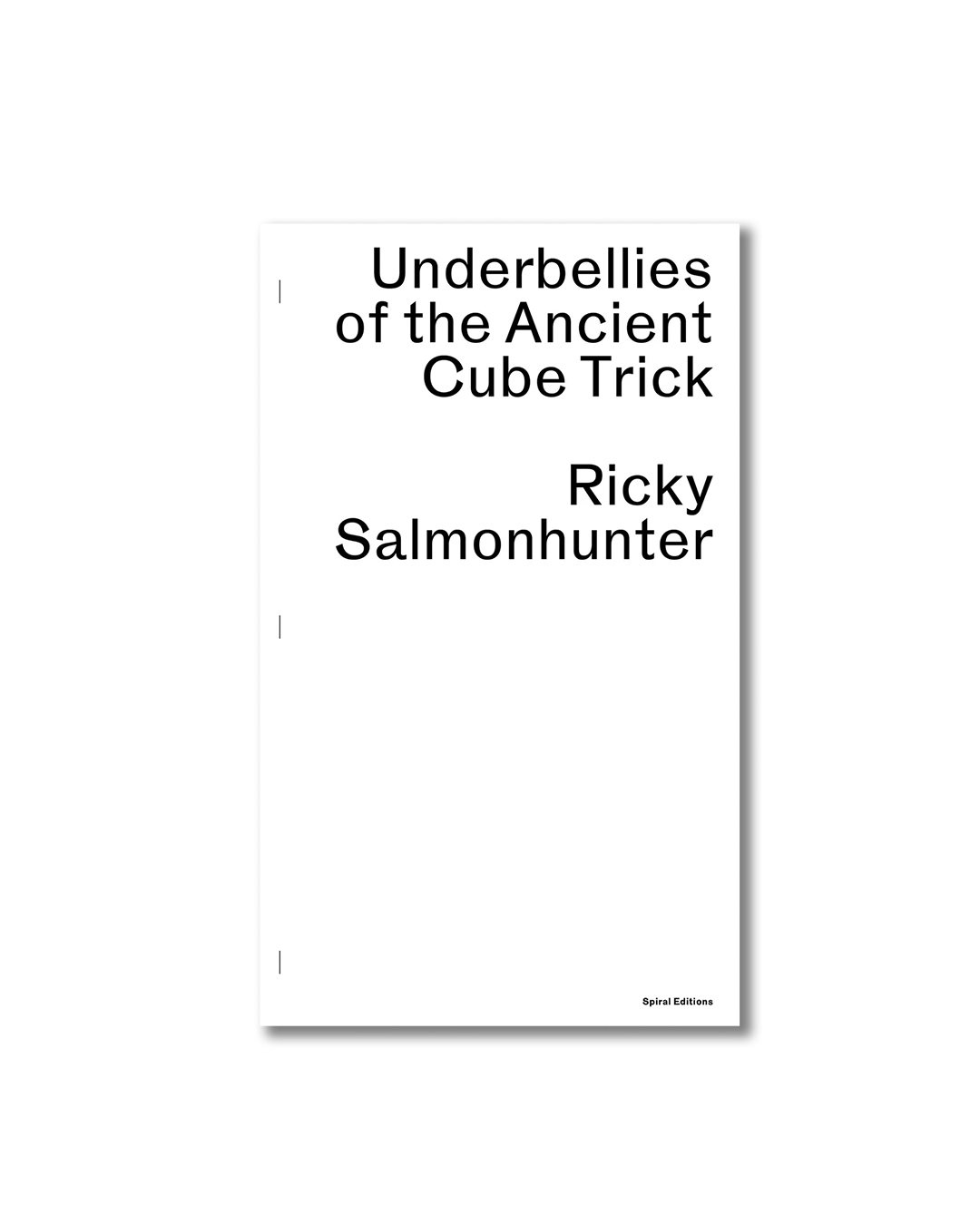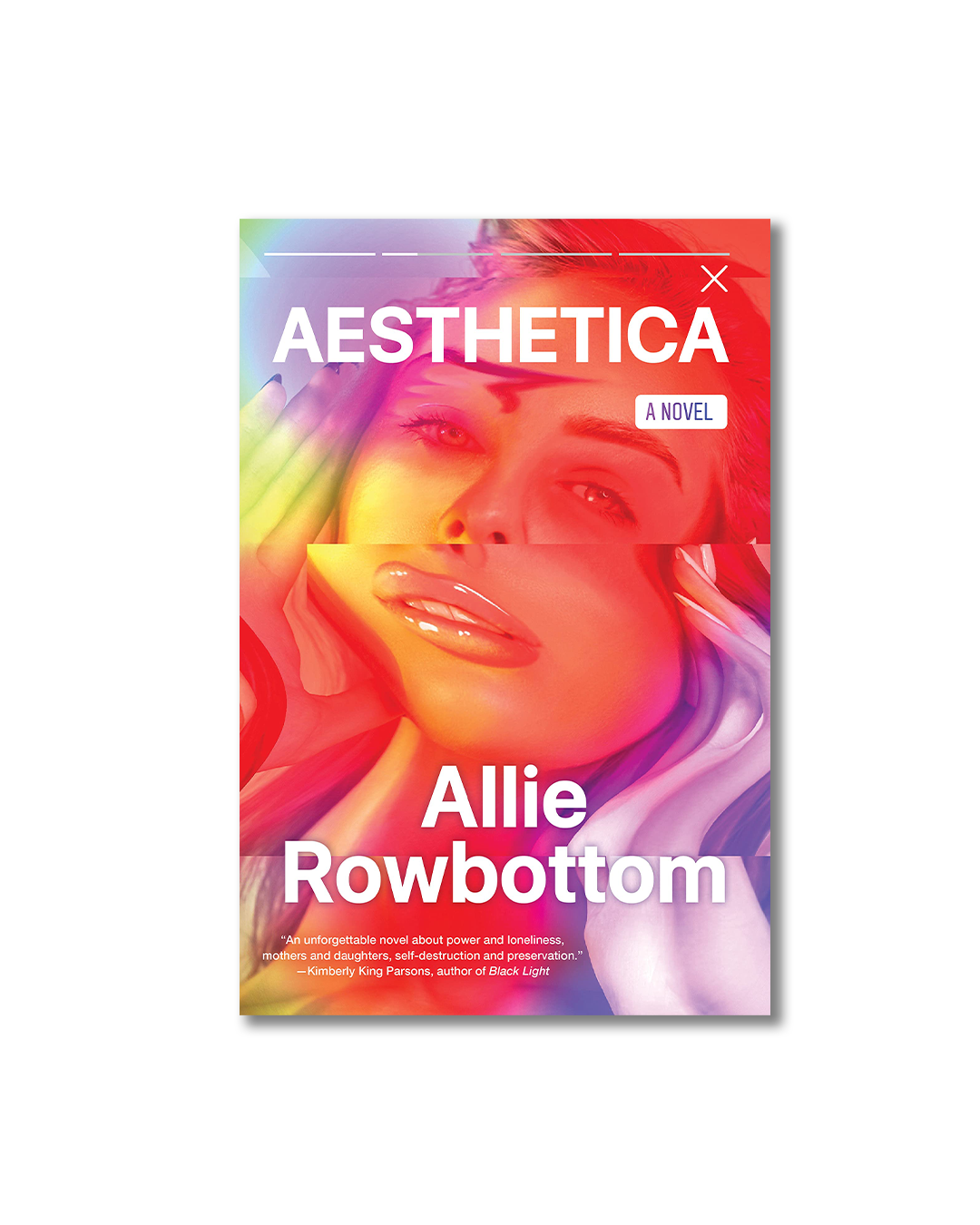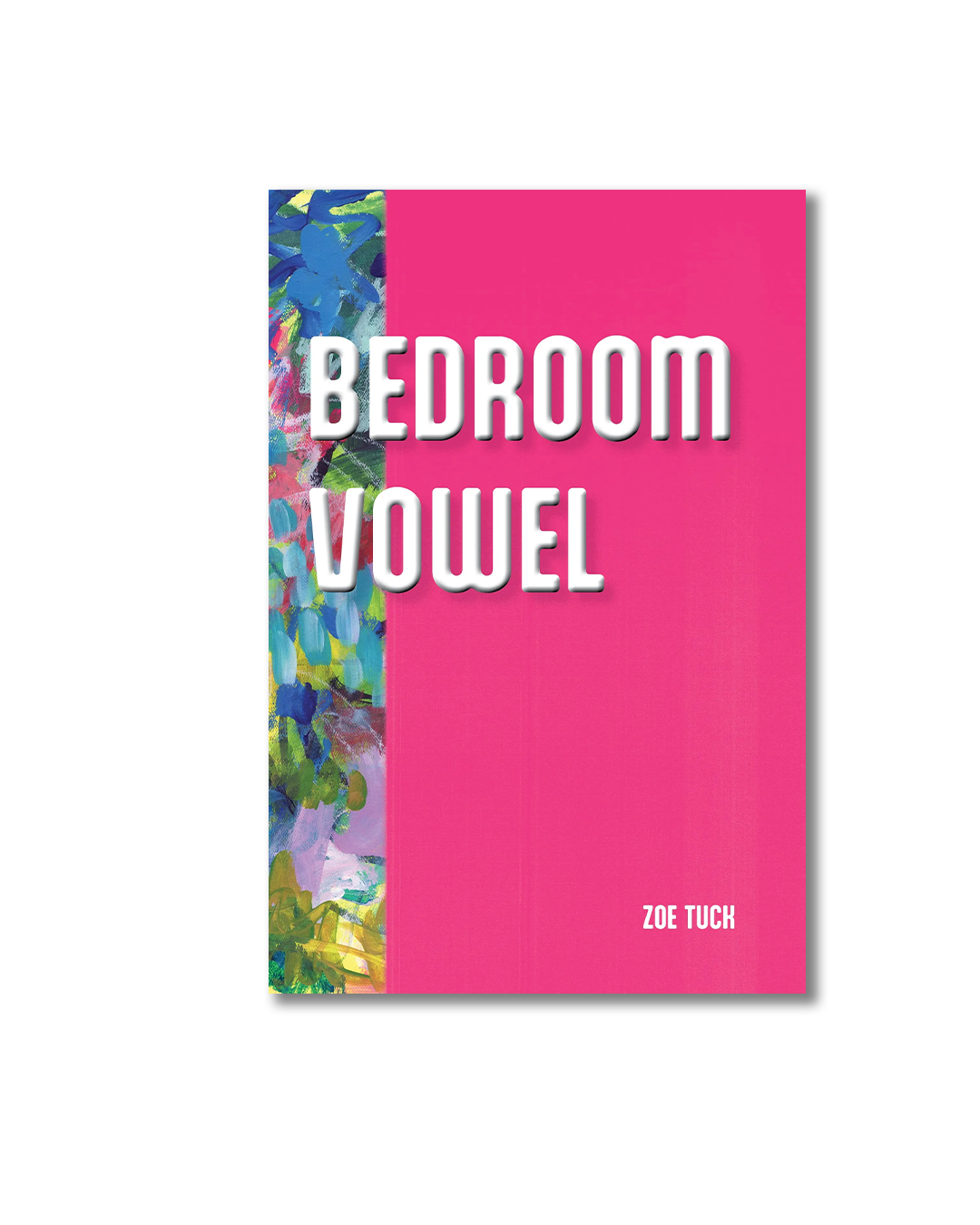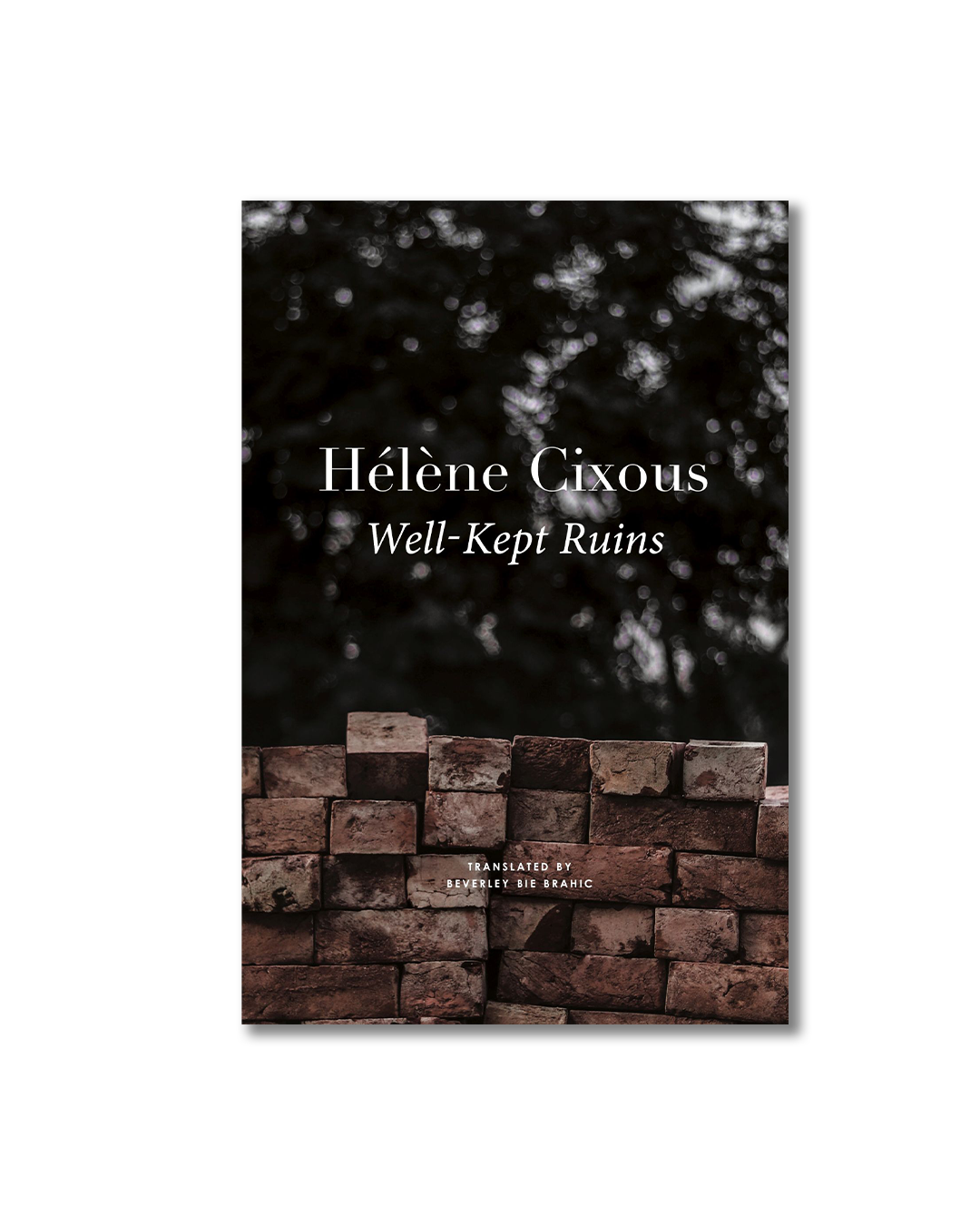Closed Reading: On Gabriel Blackwell’s “Doom Town”
Doom Town is the rare text which is actually narratologically deconstructive, insofar as it is a text awkwardly sutured around a central aporia. But then, too, it recognizes one cannot deconstruct without then reconstructing, even though reconstruction is little more than imposition.
I Got Daddy Issues, That’s on Kratos: Game-World-Literature(s); Call for Pitches
Every day I am more interested in the social and aesthetic lives of video games, and where those games might intersect with literature and the world.
When Technology Bleeds
We need a new figure to carry on the project of the cyborg, to stir our imaginations and encourage blasphemous thought. A hot-blooded thing formed from an ever-hotter world. Part animal, part man, part machine. Entirely monstrous.
Two Poems from “House Hunters International :: Sonnets”
I always wonder what it feels like
to be wrong
to have a pool
I want to do that again
Waiting for Diego Garcia
Diego Garcia is a ledger of annulments, which in its constant doubling back achieves a kind of fiction that is obsessed with the conditions of its conception.
Quarter in Review: On Embarrassment, Lyric Mortality, and Voight-Kampff Testing
It is considered unprofessional. It feels bad. It is a bad look. How is writing supposed to feel, supposed to look?
At the Risk Management Playground: A Conversation with Tucker Leighty-Phillips
I guess it is labeled as a story collection. So they’re all—for the sake of categorization—they’re short stories, but I don’t know. Some of them were published as prose poems, and I think that letting them both be categorized and also evasive of categorization is kind of cool.
Veracruz, Exposed and Exported: An Interview with Sophie Hughes
Melchor would send photos of maps and streets and sometimes even drawings to help me visualize something in order to then set it down in English correctly. I run a lot of the phrases by her, and she reads the finished draft.
Bring the Girls: On Allie Rowbottom’s “Aesthetica”
This artificial sickness is a feminized purgatory that entraps and entrances, freeing its denizens from both the real world, which is cruel, and the promised land, which doesn’t exist. The recovery suite becomes the ultimate VIP room, and you have to show skin to get in.
“Submission Fees”
To be miraculous is not about having the best of luck.
To be miraculous is about having enough wealth to buy the fortune.
And you know what they say about money and poetry. But I fold the cranes.
To Be Modern: On Osamu Dazai’s “The Flowers of Buffoonery”
Yet if the source of this confusion is undefined, it is because Dazai’s characters only subscribe to the first half of the trad’s mantra: they reject modernity, but they do not embrace tradition.
A Complicated System of Traps: On Quinn Slobodian’s “Crack-Up Capitalism”
Slobodian reveals that dreams of elite dominion have drawn on fantastical, even magical, thinking. They’re predicated upon chaos and apocalyptic anxieties, both as preconditions for the reconfiguration of the world according to narrow, private interests and as drivers of paranoid self-seeking.
Two Poems from “Bedroom Vowel”
you said you saw my finger twitch
saw me press my pelvis to the archive
but on the other hand you believe
that we awaken out of nothing
Forever Contemporary: On the Entrenchment of Taste in the Art World
The impassioned disputations on taste and aesthetics at the now-maligned Salons were disputations on ethics, morals, and politics. As in our art world, taste was an advocacy vehicle for the Good, if hardly for the same Good.
Deaths, Plural: On Pro Wrestling and Poetry
And yet, like poetry, wrestling too is a practice of excess, of the unjustifiable and the unnecessary: the costuming, the tanning, the crafting of a distinct style in service of a vision of what becomes necessary in order to get through the day or death.
Suicide and Oranges: An Interview with Vi Khi Nao
In reading my work, you may have already eaten an entire fishing village and a boatful of suicidal aches. I used to stare at the ceiling a lot and it used to be my primary mode of creativity.
It’s Not Too Late: On Hélène Cixous’ “Well-Kept Ruins”
The past is dead, but Cixous is alive, and she resurrects only what she thinks of, what incites her, what comes to her mind. Through this persistent act of journeying, the grand gesticulations of the twentieth century come to be concentrated in the beloved, diaphanous figure of a woman: her mother.
Two Poems from “Infinite Arrivals”
A day can break your heart in a day
All over you as if you weren’t even there
It’s a different knowing, going is
Intimacy of discovery drowning

